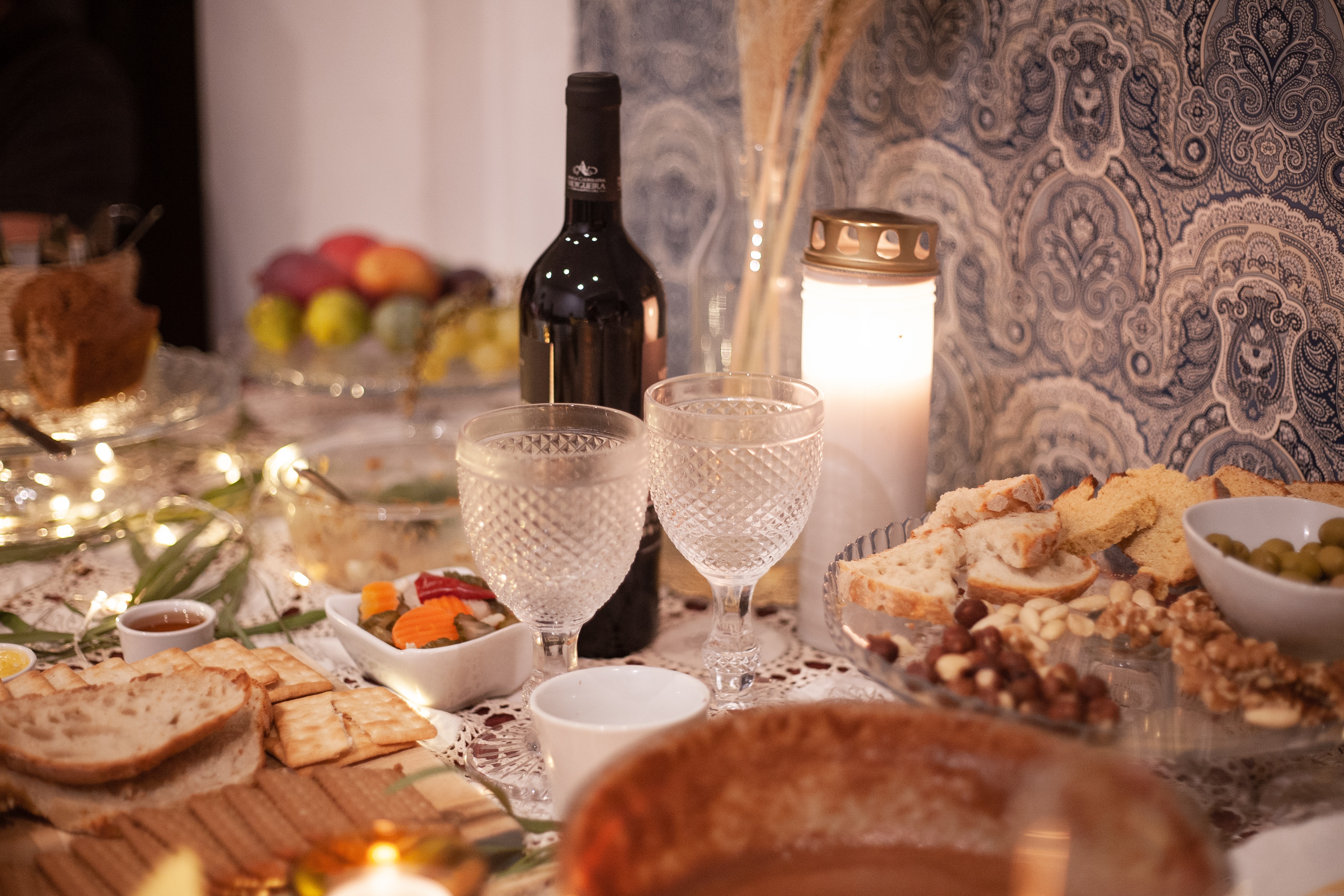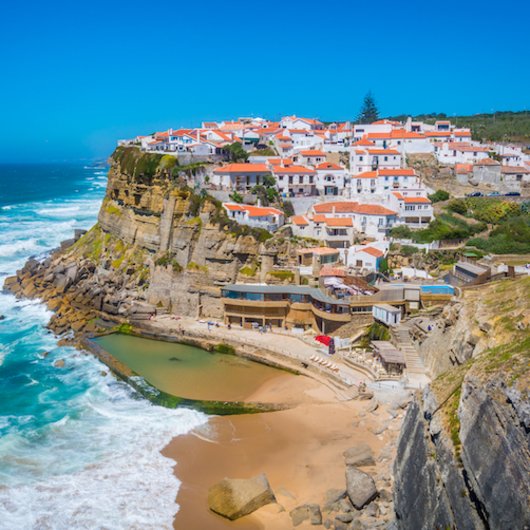
Culture shock: social communication and norms in Portugal
Culture shock: social communication and norms in Portugal
Moving to Portugal should be an unalloyed delight. But home buyers coming from other cultures can find Portugal a bit of a culture shock - and that's true of moving to Lisbon just as much as it is moving to the remote countryside.
Probably the first difficulty you face will be the Portuguese language. It's not one of the commonest languages taught in schools, so few new arrivals already know the language; and although younger Portuguese often speak good English, many older people, particularly outside the capital and the main tourist areas, have very little.
Worse, as one new arrival found out, though she spoke fluent Spanish - and could read Portuguese newspapers - she simply couldn't understand people when they spoke to her. "It doesn't sound anything like it looks!" she said. Moreover, Portuguese people speak fast, that can make it even harder to understand. Also she found out that if you speak Spanish to the Portuguese, they can get quite offended; it's a bit like calling a Scot 'English' or talking German to a Dutchman.
There's some good news in store though - many towns have free or low cost Portuguese classes at levels from total beginner to more advanced. Ask at the library, cultural centre or tourist office to see what's available.
Portuguese is a language that's often spoken at quite a high volume. That's just the way it is - raised voices don't mean that there's an argument going on. The Portuguese can also be quite direct - they don't tend to use euphemisms and they will call a digging implement a shovel.
Download the complete guide for free
Ready to turn your dream of owning property in Portugal into reality? Our comprehensive guide, "How to Buy Property in Portugal," is your essential resource for confidently navigating the Portuguese real estate market.
Fill out the form below and download your copy now.

Please share your details
The Portuguese attitude
 You may find the Portuguese attitude to time somewhat difficult to understand. For instance, you absolutely mustn't be late for a dinner appointment - that's terribly rude. But 'late' actually means more than fifteen minutes late. So ten minutes late is perfectly normal. If you're renovating a house, you'll soon realise that though Portuguese builders work hard, they're not always completely predictable in their hours. In business, though, time keeping is precise - this is not the land of mañana and siestas, for which you'll have to go over the Spanish border.
You may find the Portuguese attitude to time somewhat difficult to understand. For instance, you absolutely mustn't be late for a dinner appointment - that's terribly rude. But 'late' actually means more than fifteen minutes late. So ten minutes late is perfectly normal. If you're renovating a house, you'll soon realise that though Portuguese builders work hard, they're not always completely predictable in their hours. In business, though, time keeping is precise - this is not the land of mañana and siestas, for which you'll have to go over the Spanish border.
People tend to eat their evening meal comparatively late compared to northern European countries or the US. And when there's an all-night festival, you'll see babies and great-grandpa enjoying themselves with the family - there's no concept of a sensible bedtime.
You'll need to get used to handshaking (for men) and cheek-kissing (for women) - missing people out is actually quite rude, just like not saying 'hi' to a colleague. There's a certain formality observed in Portuguese life - people will address many colleagues as Senhor or Senhora ('sir' or 'madam') - and even if someone gets into a lift in an office building they'll be expected to greet whoever is already there and say goodbye when they get out.
Men do hug each other quite often, but kissing … that only happens if Portugal wins at football.
You may find Portugal a more fashion conscious place than you're used to. Business attire is relatively formal, and there's a certain pride in being well turned out. You'll also find that Portugal is very family orientated. Children are given free rein and any festival will turn into a family outing. If you're moving to Portugal with young children you'll find they will be positively spoilt by everyone. Families get together at every opportunity, and family businesses are very prominent - it's considered quite natural to employ members of your extended family in your business.
Find home in the biggest Portuguese cities
 However, Portugal does have its dark side. Salazar's dictatorship saw whole families emigrating to France, many of them walking the whole way; some people simply disappeared, others spent time in political prisons. Most people don't like to talk about those days, and you can't blame them. Equally, they tend not to mention the negative side of Portuguese colonialism. Bring these topics up at your own peril.
However, Portugal does have its dark side. Salazar's dictatorship saw whole families emigrating to France, many of them walking the whole way; some people simply disappeared, others spent time in political prisons. Most people don't like to talk about those days, and you can't blame them. Equally, they tend not to mention the negative side of Portuguese colonialism. Bring these topics up at your own peril.
Bring up the topic of football at your own risk, too. It's actually safer to insult someone's religion than to be rude about their football club. (Though 80% of Portuguese are nominally Catholic, only about 20% are observant.) Perhaps the one safe thing you can say about football to a Portuguese is "England are rubbish". You won't find anyone disagreeing with you.
Finally, two small things you need to know about Portugal. First, there are still a lot of people who smoke, and a lot of bars and restaurants which allow smoking (some don't). that might come as a shock to those used to a more regulated environment. Secondly, the Portuguese have another major addiction - to strong coffee. If you like milky, weak coffee, or even worse, a cup of tea, you won't find many places ready to indulge your tastes, so you'd better learn to life your coffee hot, strong, and bitter.







